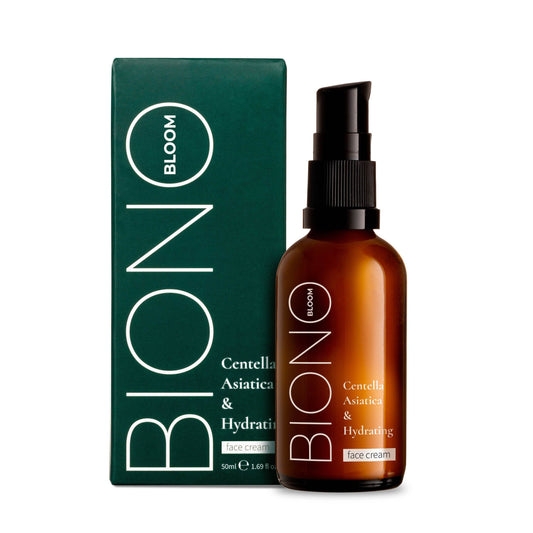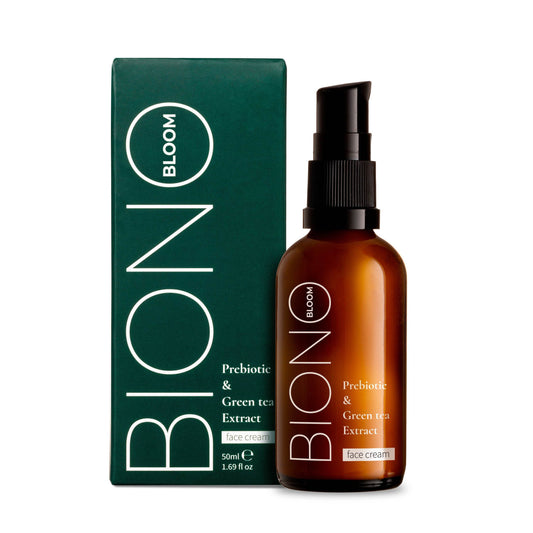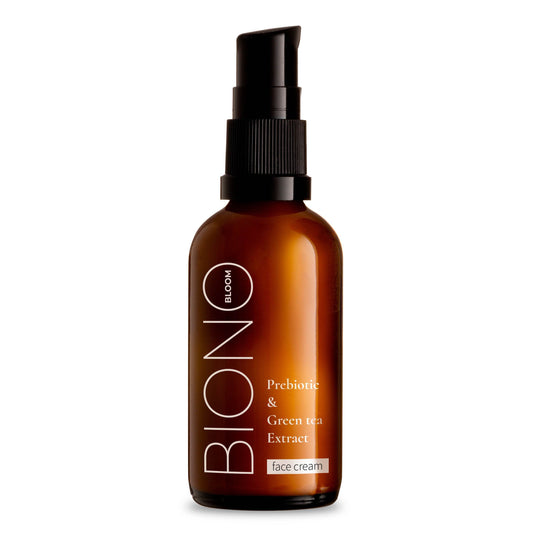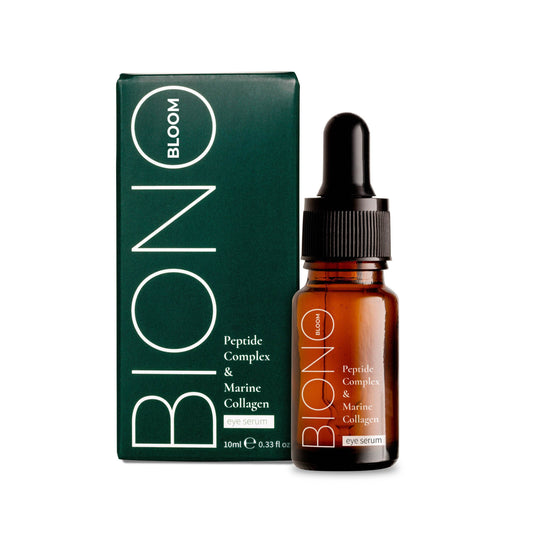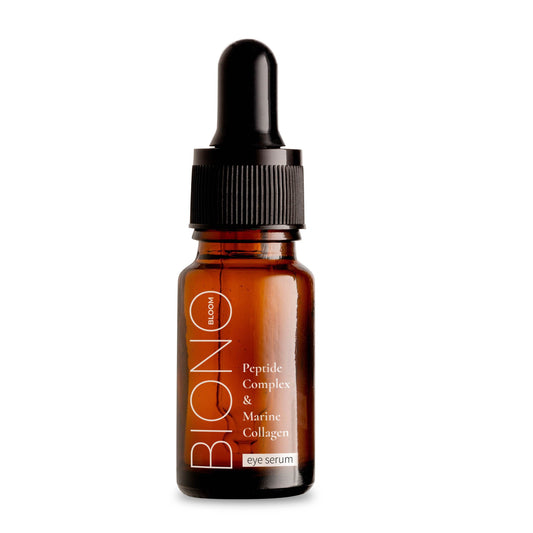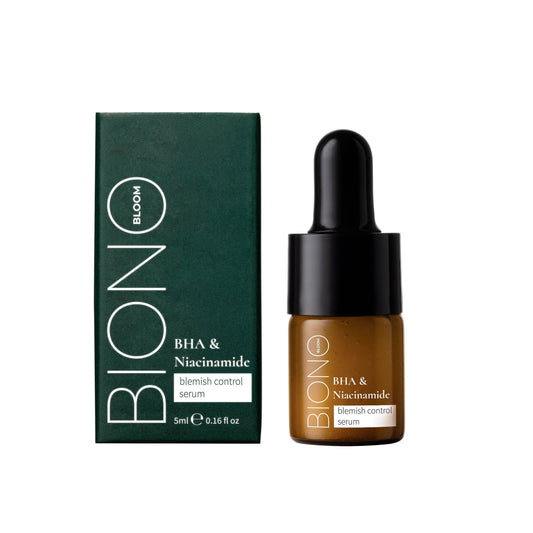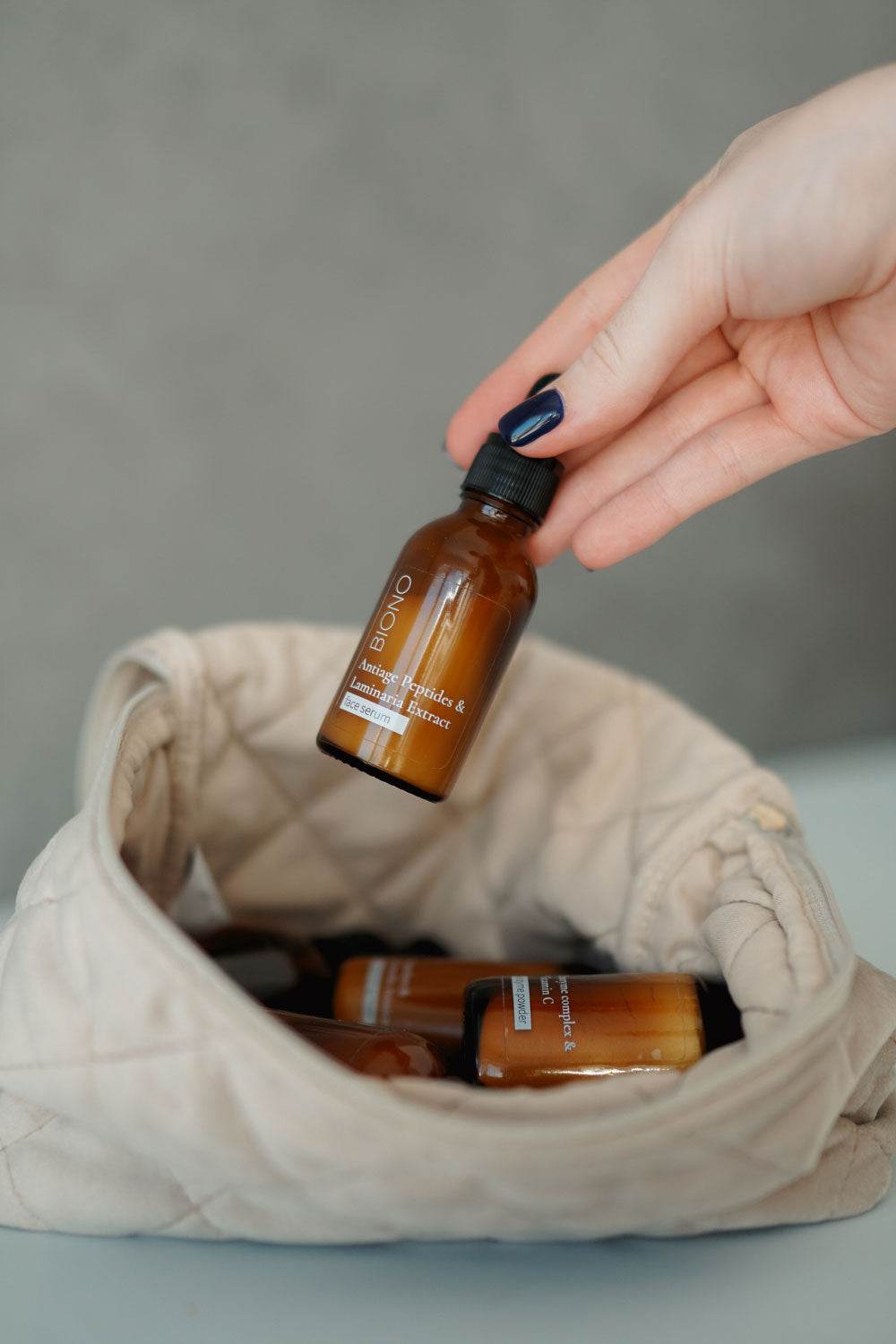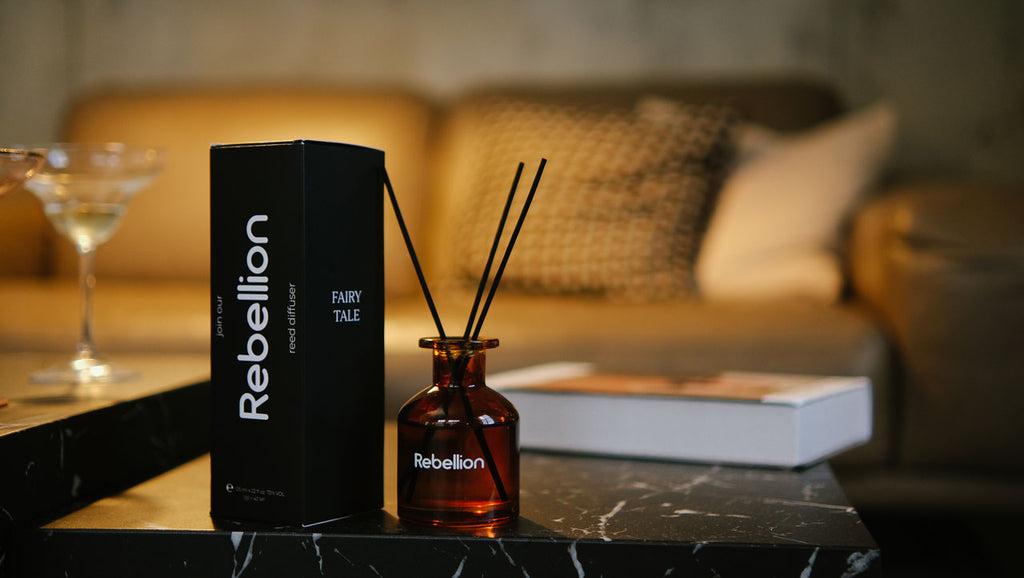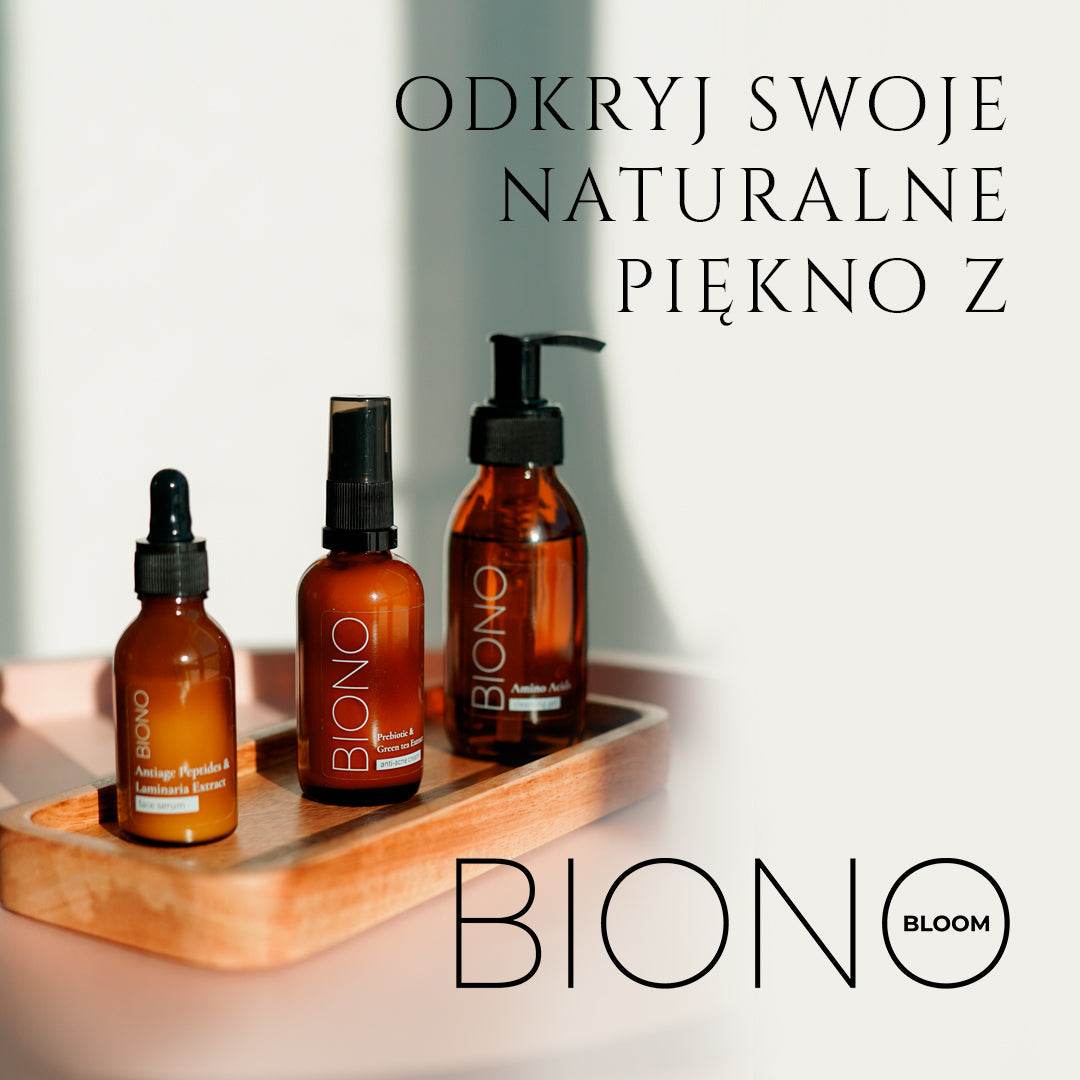
Retinol for facial skin - a comprehensive guide to anti-aging care
Retinol for facial skin is one of the most effective ingredients in combating the signs of aging. This vitamin A derivative is revolutionizing daily skincare, offering visible results in wrinkle reduction, improved skin texture, and even skin tone. More and more people are discovering the power of this ingredient, which is recognized by dermatologists worldwide as the gold standard in anti-aging. Proper use of retinol can transform the appearance of skin, restoring its youthful glow and elasticity.
How does retinol work for facial skin - mechanisms of action
Retinol for facial skin works at the cellular level, accelerating epidermal renewal and stimulating collagen production. Once absorbed into the deeper layers of the skin, retinol transforms into retinoic acid, which directly affects cellular receptors. This process activates genes responsible for cell regeneration and the synthesis of structural skin proteins.
Retinol's mechanism of action is based on increasing the rate of exfoliation of dead skin cells, revealing fresh, young cells. At the same time, this ingredient penetrates the dermis, where it stimulates fibroblasts to increase collagen and elastin production. These key proteins are responsible for skin firmness, elasticity, and smoothness.
Regular use of retinol also normalizes the keratinization process, which means epidermal cells mature and exfoliate at a normal rate. This results in smooth skin and significantly improved texture. Furthermore, retinol reduces melanogenesis, which helps even out skin tone and reduce discoloration.
Retinol in different periods of life - adapting care to age and skin needs
Effective retinol use for facial skin requires a personalized approach that takes into account not only the current skin condition but also age and hormonal changes. In our 20s and 30s, retinol serves primarily as a preventative measure, helping maintain skin firmness and preventing the first signs of aging. Younger skin is more resistant to active ingredients, but requires gentle application of retinol in low concentrations to avoid excessive irritation. During this stage of life, combining retinol with sun protection and intensive hydration is especially important, creating a solid foundation for future anti-aging care.
After the age of 35, retinol becomes an essential element in combating the visible signs of skin aging. During this period, natural collagen production slows significantly, and the first expression lines become increasingly visible. Premenopausal and menopausal women's skin is particularly in need of the intensive stimulation of regenerative processes provided by retinol. It is recommended to gradually increase the ingredient's concentration and frequency of use, while also enriching the routine with additional supporting ingredients such as peptides and antioxidants. Adapting the formula to the skin's changing needs is also crucial – mature skin often requires richer, more nourishing textures that combine the benefits of retinol with intense hydration.
People over 50 can reap particularly spectacular benefits from using retinol, provided the products are properly tailored to the needs of mature skin. At this age, skin loses a significant portion of its natural protective barrier and regenerative capacity, so retinol should be used in particularly gentle yet highly effective formulas. It's worth considering products with encapsulated retinol or a combination of different forms of vitamin A, which provide long-lasting effects without excessive irritation. Equally important is enriching your routine with ingredients that regenerate and rebuild the skin barrier, such as ceramides, cholesterol, and fatty acids, which support the effects of retinol and minimize the risk of dryness or irritation in mature skin.
The benefits of using retinol for facial skin in daily care
Retinol for facial skin offers a spectacular array of benefits that make it an essential part of an effective anti-aging routine. Its most significant benefit is significantly reducing the appearance of fine lines and wrinkles, particularly around the eyes, mouth, and forehead. Regular use of this ingredient smooths the skin's surface and restores its youthful appearance.
Improving skin texture is another undeniable benefit of using retinol. Skin becomes smoother, silkier, and acquires a healthy glow. Pores are tightened, and the complexion becomes more even. These effects are especially noticeable after several weeks of regular use of retinol products.
Retinol also has excellent anti-pigmentation properties. This ingredient inhibits the overproduction of melanin and accelerates the exfoliation of discolored skin cells. This gradually fades sun spots, acne marks, and other discolorations, and skin tone becomes more even and radiant.
How to properly use retinol for facial skin - practical tips
Retinol for facial skin requires a thoughtful approach and gradual introduction into your skincare routine. Beginners are advised to start with products with a low retinol concentration (0.25-0.5%) and use them a maximum of twice a week in the evening. This strategy allows the skin to acclimate to the ingredient and minimizes the risk of irritation.
Before using retinol for the first time, conduct an allergy test on a small patch of skin, preferably behind the ear or on the inside of the forearm. Apply the product only to clean, dry skin, avoiding the eye and lip areas, which are particularly sensitive. During the first few weeks of use, it's worth observing your skin's reaction and adjusting the frequency of application to your skin's needs.
The correct order of product application in your evening routine is also crucial. Retinol should be applied after cleansing and toning, but before moisturizer. In the morning, however, it's essential to use a sunscreen with at least SPF 30, as retinol increases skin's photosensitivity. It's also important to moisturize your skin thoroughly, as retinol can initially dry it out.
Retinol for facial skin - contraindications and precautions
Retinol for facial skin, despite its effectiveness, is not suitable for everyone and requires special caution in certain situations. Pregnancy and breastfeeding are absolute contraindications, as vitamin A in high concentrations can be teratogenic. Women planning a pregnancy should also discontinue retinol use several months before conception.
People with very sensitive skin, atopic dermatitis, rosacea, or other chronic dermatological conditions should consult a dermatologist before introducing retinol into their skincare routine. This ingredient can intensify irritation and exacerbate existing skin conditions. Special caution should also be exercised when using other active ingredients, such as AHA/BHA acids.
Common side effects when first using retinol include peeling, redness, itching, and increased sensitivity to the sun. These symptoms, called "retinization," are a normal skin reaction to the new ingredient and typically subside after 2-4 weeks of regular use. However, if symptoms are severe or persist, reduce the frequency of use or consult a specialist.
Buy retinol cosmetics - shopping guide
Buying retinol cosmetics is an investment in the long-term health and youthful appearance of your skin. A wide range of products containing this revolutionary ingredient is available on the market—from gentle serums for beginners to intensive creams for advanced users. When choosing retinol cosmetics, it's worth considering reputable brands that guarantee high-quality ingredients and appropriate concentrations of active substances.
The best places to buy retinol cosmetics are pharmacies, specialty cosmetics stores, and trusted online stores. Pharmacies offer dermocosmetic products with proven effectiveness, often recommended by dermatologists. Specialty stores, on the other hand, offer a wide selection of premium brands and the opportunity to consult with qualified staff who will help you choose the right product for your skin type.
Before purchasing retinol cosmetics, it's worth reading reviews from other users and consulting a specialist, especially if you have sensitive skin or use other active ingredients. Prices for retinol products range from several dozen to several hundred zlotys, depending on the brand, ingredient concentration, and package size. It's important to remember that quality is key – cheaper products may contain unstable forms of retinol or inappropriate concentrations, which impacts effectiveness and safety.
Retinol and retinoids - differences and uses
Retinol and retinoids are a group of vitamin A derivatives that vary in potency and availability. Retinol is a form of vitamin A available over-the-counter in cosmetics, while prescription retinoids such as tretinoin, adapalene, and tazarotene are more potent forms used in dermatological treatments. All of these substances belong to the retinoid family, but their potency and mode of action differ significantly.
The main difference between retinol and prescription retinoids is their mechanism of action and the rate of conversion in the skin. Retinol must undergo several biochemical steps to convert into active retinoic acid, making its effects more gentle and gradual. Prescription retinoids act directly or require fewer conversion steps, so their effects are faster but also more intense and may cause more irritation.
In daily skincare, retinol is an excellent starting point for those new to retinoids. It offers significant anti-aging benefits with a relatively low risk of irritation. Prescription retinoids are typically recommended by dermatologists for more serious skin concerns, such as acne or advanced signs of photoaging. Regardless of the choice, all forms of retinoids require gradual introduction and consistent use of sun protection.
Choosing the best retinol for facial skin - what to pay attention to
Retinol for facial skin is available in various forms and concentrations, so choosing the right product requires considering several key factors. The most important factor is the concentration of retinol – those new to this ingredient should choose products containing 0.25-0.5% retinol, while experienced users can reach for formulas with a concentration of 1% or higher.
The form of retinol also plays a role in its effectiveness and tolerability. Retinyl palmitate and retinyl acetate are gentler forms, ideal for sensitive skin, while pure retinol is more effective but can cause more irritation. Premium products often contain encapsulated retinol, which is released gradually, reducing the risk of irritation while maintaining high efficacy.
The product's formula should also include ingredients that support and soothe the effects of retinol. Look for products enriched with niacinamide, hyaluronic acid, ceramides, or vitamin E, which moisturize the skin and reduce potential irritation. Packaging is also crucial – retinol is photosensitive, so the best products are packaged in dark, opaque bottles with pumps, which protect the ingredient from degradation.
Summary: retinol as the foundation of effective anti-aging care
Retinol for facial skin represents a true breakthrough in anti-aging skincare, offering scientifically proven results in combating the signs of aging. This versatile ingredient not only reduces wrinkles and improves skin texture but also evens out skin tone and restores a youthful glow. However, the key to success is patience, consistency, and tailoring the product to your individual skin needs.
Introducing retinol into your daily skincare routine requires a thoughtful approach and a gradual increase in application intensity. By keeping in mind contraindications, precautions, and the need for sun protection, you can enjoy the spectacular effects of this revolutionary ingredient. Retinol is an investment in the long-term health and beauty of your skin, bringing tangible benefits to those who choose to use it regularly.

